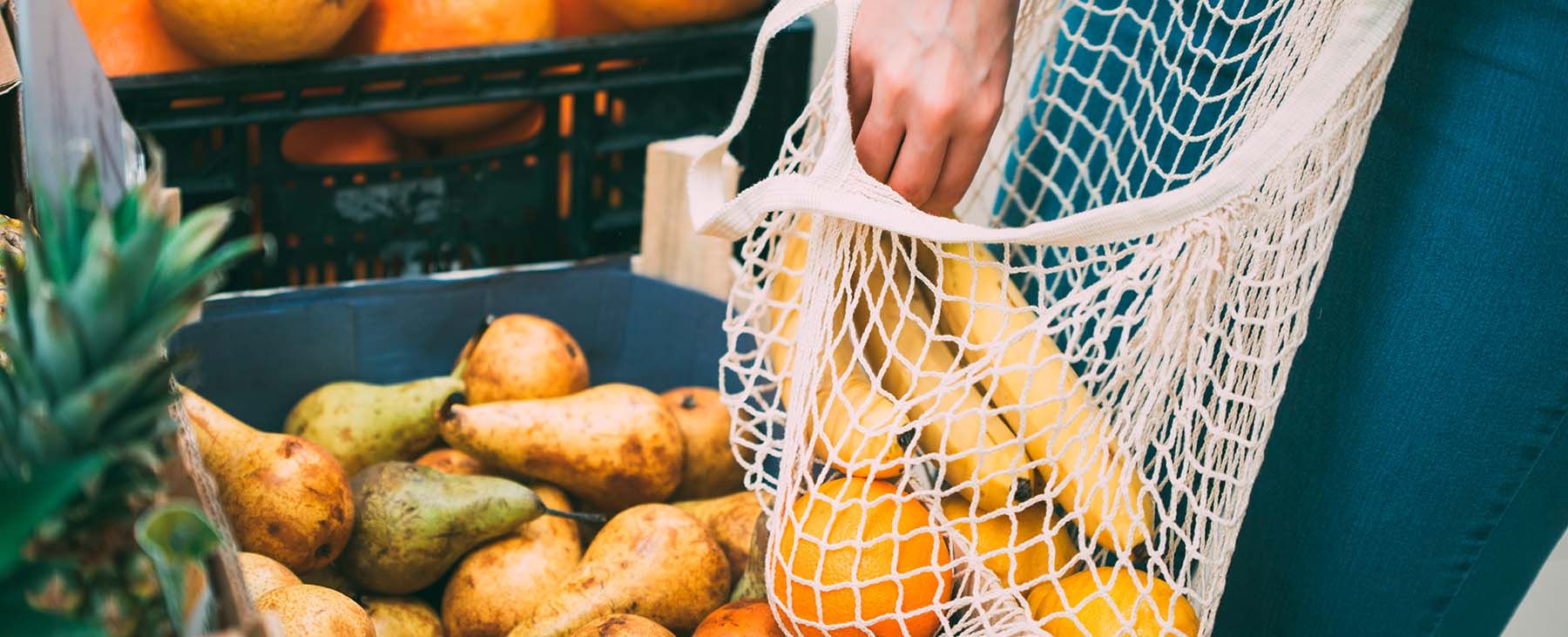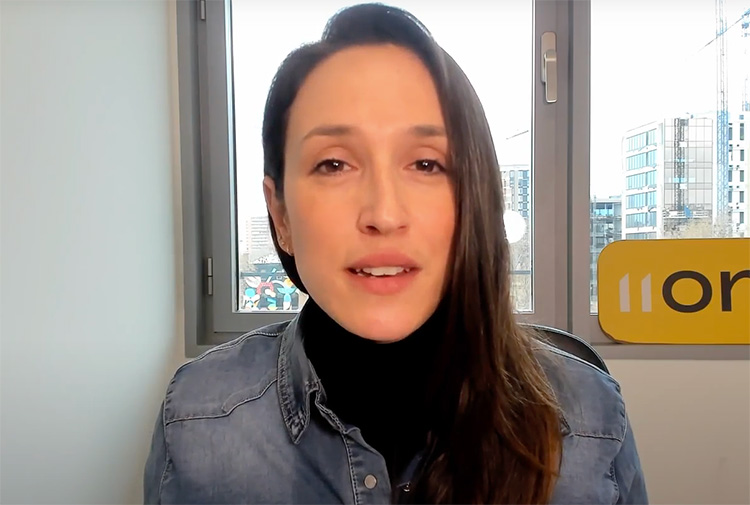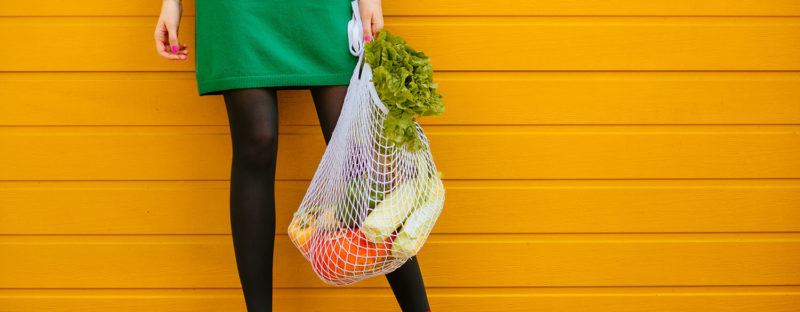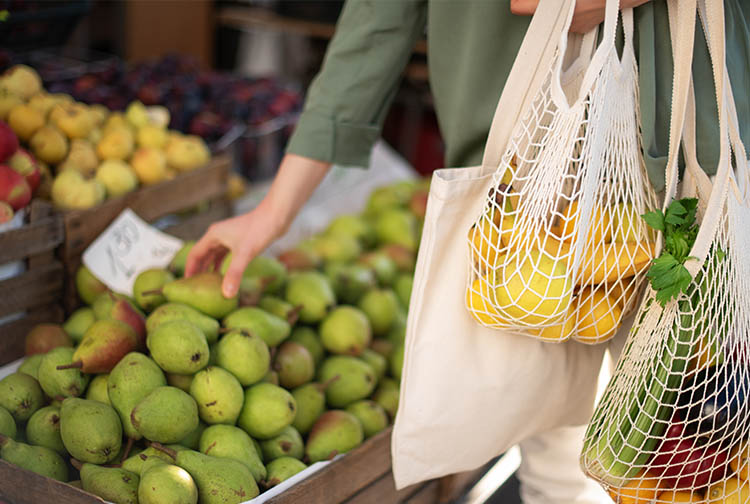

Conscious consumption: key to changing the world
Can we change the world? What is our real capacity to impact the environment? Lara de Castro, HR Business Partner at 11Onze, explains what conscious consumption is and how we can contribute to the sustainability of the planet with our daily purchasing decisions.
We often underestimate the impact that our individual actions have on the surrounding environment. But all actions, no matter how small, contribute to shaping the world. Lara de Castro explains it in the following video with a very obvious example.
As she warns, there are many people who think that an individual act is often “too weak” to have a significant impact on the environment, “but this is not the case”. Every action counts and has consequences that can add up to those of the rest of the community. The reality is that “our daily decisions are relevant, no matter how small“. In this sense, the role that all purchasing decisions play if we are conscious consumers is very obvious.
What is conscious consumption?
Conscious consumers are people who choose products and services with criteria that go “beyond value for money,” as they include environmental and social impact as a decisive element in their purchasing habits. One consequence is the commitment to local commerce, which “is a way of supporting local producers and avoiding the economic and environmental impact of transportation,” as Lara de Castro explains.
Another example of conscious consumption can be found in water. If we want to reduce pollution on the planet, we can replace the consumption of bottled water, “with all the drawbacks that we know plastic has,” with tap water treated with sustainable filters.
As Lara de Castro points out at the end of the video, if we all become more conscious “in the small details of everyday life” the reality is that “we can change the world.” The decision is ours.
If you want to discover how to drink the best water, save money and help the planet, go to 11Onze Essentials.






Gràcies
Gràcies a tu, Joan!!!
Ben exposat. Gràcies.
Celebrem que t’hagi agradat, Pere, i moltes gràcies pel teu comentari.
D’ençà del confinament, he pres més consciència i ara procuro comprar segons quins productes de proximitat i responsables amb el medi. Compro llet fresca amb envasos de vidre retornables i iogurts d’envasos biodegradables a productors prop de casa (baix Llobregat).
Entre tots ho farem possible
I tant Manuel, simplement el fet de ser conscients fins a quin punt té importància el que fem, és el primer pas, oi? Com tu dius, entre tots ho farem possible. Seguim!
Gràcies per James!👌Doncs em sembla q m’acabaré fent l’aigüa filtrada tipis TAPP que no consumers aigüa, ja que quasi me la colen el de osmosis inversa directa, em deien que era ecologic, pero efectivament el que havia vist rebutjava 2 litres d’aigua per cada litre (1:2) no m’ho han dit ni apareixia enlloc això, fins q no ho he preguntat directament. Se les saben totes. “Déu ni dò” Moltes gràcies per les respostes👍
👍
Molt d’acord amb el consum conscient 👏👏👏 A la proposta de l’aigüa filtrada “D’imprescindibles 11” últimament sento parlar també de l’aigüa per osmosis, no sé si podrieu donar-li una ullada també desde imprescindibles11. Gràcies pel consum conscient!👌
Hola Jordi la filtració per ósmosis és molt válida pel que fa la qualitat de l’aigua. No obstant el sistema rendeix 1:2 i en casos d’última generació 1:1. És a dir que per produir 1 litre d’aigua filtrada es nececessita consumir( és a dir desfer-se) de 2 litres d’aigua o en el millor dels casos 1 Litre. Es molta aigua desperdiciada comparat al filtre directe tipus TAPPque no consumeix cap quantitat d’aigua extra i per tant és sumament molt més ecològic. 🙏🏿
Tens raó tot suma,per cert el filtre d’aigua genial
Moltes gràcies per informar-nos del filtre, i agrair-te també el teu comentari, Alícia.